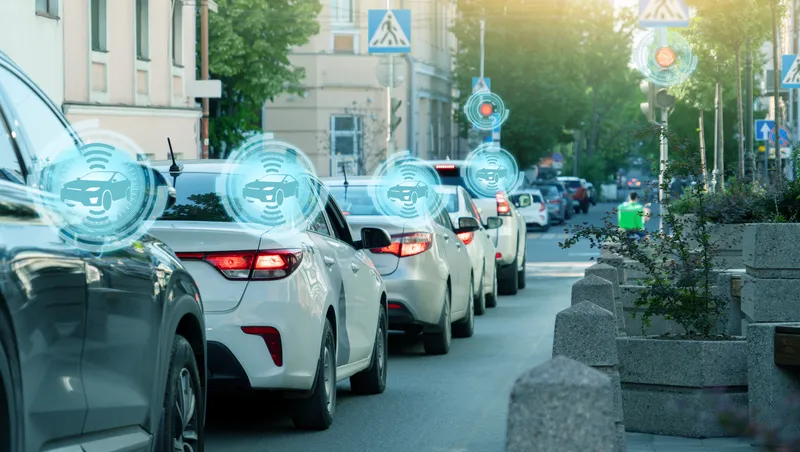IBM has teamed with American Honda Motor Company and Pacific Gas and Electric Company on a new pilot project that will allow communication between electric vehicles (EVs) and the power grid. This project will demonstrate and test an electric vehicle's ability to receive and respond to charge instructions based on the grid condition and the vehicle's battery state. With visibility into charging patterns, energy providers will have the ability to more effectively manage charging during peak hours and create c
April 17, 2012
Read time: 3 mins
The energy requirements for electric vehicles will challenge the current power grid as plug-in vehicle counts continue to grow to an expected 2.9 million worldwide by 2017. IBM claims this project has the potential to ease the infrastructure and consumer concerns associated with the mass adoption of EVs, by adding another layer of agility to the EV charging process. This level of intelligence will help make charging seamless for consumers, while ensuring the electricity source is reliable and the infrastructure is stable.
This demonstration combines grid and vehicle data to create an individualised charging plan for Honda's Fit EV battery electric vehicles (BEV), using IBM's cloud based software platform. By using the existing in-vehicle communications system in the Honda Fit EV, the electric vehicle can interact with utilities and the grid, creating a direct channel for sending and receiving usage information that could improve local grid management.
"This pilot project with IBM and Honda will help us demonstrate that third-party providers have the systems and capabilities to help meet some of the challenges that electric vehicles could place on the power grid as their adoption increases in the coming years," said Saul Zambrano, senior director for consumer products for PG&E. "With updated charging patterns for EVs, we have the ability if needed, to shift demand to non-peak times to ensure the reliability of the grid so that we can continue to deliver safe, reliable and affordable energy to our customers."
Once plugged into a charge post, the Honda Fit EV initiates a charge request via the vehicle’s telematics system, which is sent to IBM's Electric Vehicle Enablement Platform where vehicle data such as battery state and grid data received from PG&E, is combined to create an optimised charge schedule, which is then communicated back to the vehicle in seconds. Using this aggregated data, the vehicle has the intelligence to charge to the level that is needed while factoring any current grid constraints.
Using real time and simulated data, the system will test and demonstrate the ability to alter, as well as adapt charging patterns based on grid conditions. This smart charging capability will enable energy providers to manage the power used by EVs during peak times by instructing vehicles to delay or adjust charging if required.








